Euroscepticism and the Rising Threat from the Left and Right
Euroscepticism and the Rising Threat from the Left and Right
The Concept of Millennial Fascism
Prebble Q. Ramswell
LEXINGTON BOOKS
Lanham Boulder New York London
Published by Lexington Books
An imprint of The Rowman & Littlefield Publishing Group, Inc.
4501 Forbes Boulevard, Suite 200, Lanham, Maryland 20706
www.rowman.com
Unit A, Whitacre Mews, 26-34 Stannary Street, London SE11 4AB
Copyright 2018 by Lexington Books
All rights reserved . No part of this book may be reproduced in any form or by any electronic or mechanical means, including information storage and retrieval systems, without written permission from the publisher, except by a reviewer who may quote passages in a review.
British Library Cataloguing in Publication Information Available
Library of Congress Cataloging-in-Publication Data Available
ISBN 978-1-4985-4603-4 (cloth : alk. paper)
ISBN 978-1-4985-4604-1 (electronic)
 The paper used in this publication meets the minimum requirements of American National Standard for Information SciencesPermanence of Paper for Printed Library Materials, ANSI/NISO Z39.48-1992.
The paper used in this publication meets the minimum requirements of American National Standard for Information SciencesPermanence of Paper for Printed Library Materials, ANSI/NISO Z39.48-1992.
Printed in the United States of America
Contents
This book is dedicated to my motherchange, Al-Rue McLaughlin, who always told me I could do anything I wanted to do; and my father, Joe McLaughlin, who gave me his gift (and curse) of not being able to read or write a single sentence without correcting it, as well as his intrigue for fascism. One of my greatest sadnesses is that you are no longer here to share these moments with me. I love you and miss you terribly, though your guidance and support remain with me always.
Briar: Thank you for understanding mommy was doing lots and lots of homework. You heard too many in a little while responses as I tried to squeeze in every spare minute possible to write and research. The good news isyouve got me back!
Tony: I know you often lost me for days at a time when I sequestered myself from life in order to have chunks of time in which I could write. Your support has not only made everything possible, but has also served as a reminder of how much I love you.

Source : Created by the author.
It was Marcellus who famously remarked to Horatio in Shakespeares Hamlet , Something is rotten in the state of Denmark. Such sentiment captures the thoughts echoing in the minds of many Europeans as they bear witness to the rise of euroscepticism within member states across the European Union (EU) and the greatly altered European political landscape emerging as a result.
In 1998, scholar Robert Paxton noted fascisms politics in a new key, evident through much of Europe at the turn of the nineteenth century. This transition was reflected in a changing political environment that emerged as an assembly of all nationalists who hated the Left and found the Right inadequate. His observations led to this thought-provoking idea:
We must be able to examine this phenomenon as a system. It is not enough to treat each national case individually, as if each one constitutes a category in itself. If we cannot examine fascism synthetically, we risk being unable to understand this century, or the next. We must have a word, and for lack of a better one, we must employ the word that Mussolini borrowed from the vocabulary of the Italian Left in 1919, before his movement had assumed its mature form. Obliged to use the word fascism, we ought to use it well. (Paxton 1998, 9)
Paxton was clearly on to something. Even to an untrained eye, the sense of great change throughout Europe in the new millennium is palpable and no longer able to be ignored. There is, undoubtedly, a certain something occurring in Europe, a certain something that has allowed for the emergence of non-traditional, often right-wing, fascist, parties in large numbers, with manifestations evident at both the national and international levels.
Speculation abounds. Why is this happening? Why now? Will it last? Scholars, historians, theorists, and politicians alike all have widely varying ideas as to the cause and explanation of the emergence and subsequent success of previously dismissed fascist groups. There is one common thread that can be clearly identified and established: the pervasive presence of nationalism within Eurosceptic groups.
In and of itself, nationalism can be a tremendously positive source of unity, patriotism and, pride, serving to bring people and communities together. However, taken to the extreme, nationalism can be a tool of division and method of exclusion. In 1960, noted British historian Elie Kedourie observed that nationalism was often associated with the radical right and criticized as an irrational doctrine with a fanatical vision and a propensity towards violence. Other scholars of nationalism such as Tom Nairn underscored the historical link between nationalism and right-wing extremism, highlighting traditional Italian fascism, National Socialism (Nazism), and Japanese militarism.
The negative connotation associated with far-right political parties remains, despite efforts from many groups to distance themselves from violence and repeated denials from others wrongfully accused of perpetrating acts of violence and hate. One example: in 2006, a young member of a family of known Flemish Block militants who shot a child and two women from ethnic minority backgrounds was alleged to have been motivated by racist beliefs; however, Flemish Interest denied any direct or indirect connection to the shootings (Ramalingam 2012).
Throughout Europe, the vast majority of radical right political parties profess to be non-violent. However, there are exceptions, including former British National Party (BNP) member David Copeland, known as the British nail-bomber, and former BNP candidate Robert Cottage, who was arrested in 2006 for stockpiling weapons (Ramalingam 2012, 23).
Yet, many of these nationalist, right-wing groups have been successful in extricating themselves from the pejorative press and public, so much so that they are no longer considered to be extremist. The uncommon has become common, the disturbing becoming acceptable. Case in point: many of these groups rising in unprecedented numbers and with unprecedented success embrace elements of traditional fascism while avoiding the more damning aspects that would repel the majority of the people they seek to attract.
Historically, fascism has been viewed in many different lights from radical to patriotic, though the pejorative connotation has proven most enduring. Interestingly, the term is considered by many scholars to have been overused to the point of losing its sting. George Orwell wrote in 1944 of how trite the term had become, opining that the word Fascism is almost entirely meaningless almost any English person would accept bully as a synonym for Fascist. Indeed, the new millennium finds society several generations removed from the visceral reaction evoked by World War II era fascism.
The turn-of-the-century wave of fascism, the anti-EU sentiment known as euroscepticism, and nationalism have strongly resounded with the masses, changing the face of right-wing extremism and rendering it palatable to those who previously deemed it radical and even perverse. Eurosceptic groups have become widely accepted legitimate groups and political parties now making an indelible mark on the political landscape throughout Europe.

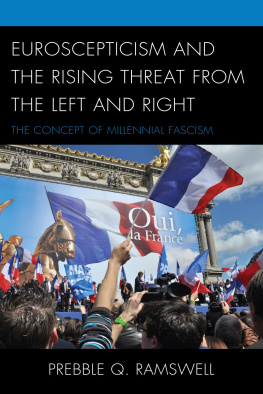


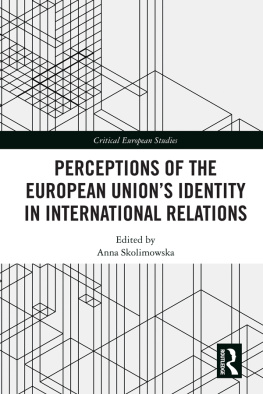
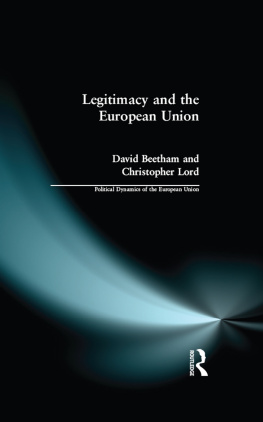
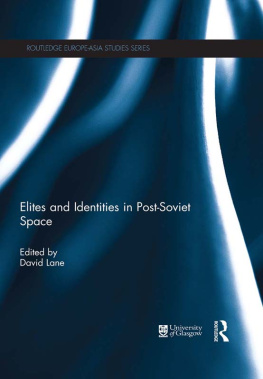
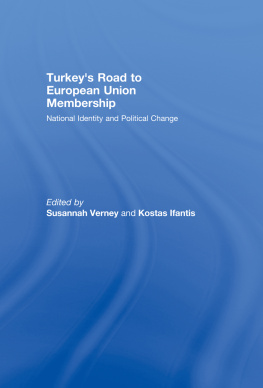
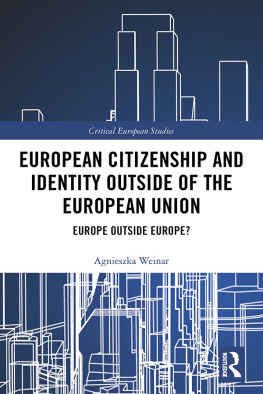
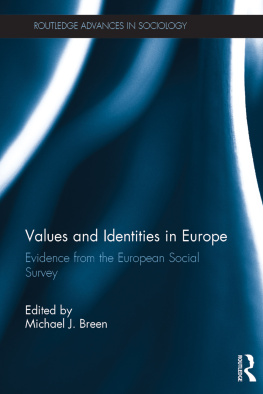
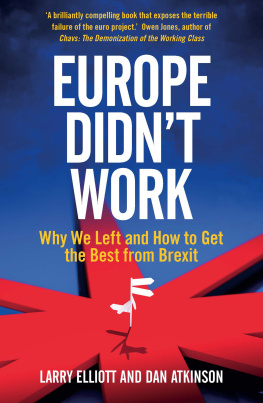
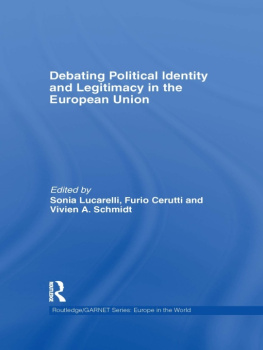

 The paper used in this publication meets the minimum requirements of American National Standard for Information SciencesPermanence of Paper for Printed Library Materials, ANSI/NISO Z39.48-1992.
The paper used in this publication meets the minimum requirements of American National Standard for Information SciencesPermanence of Paper for Printed Library Materials, ANSI/NISO Z39.48-1992.